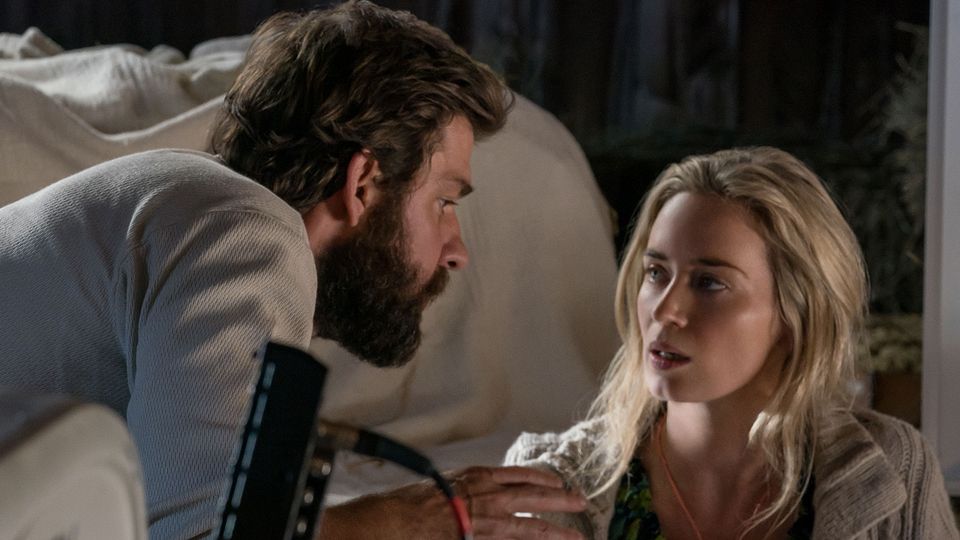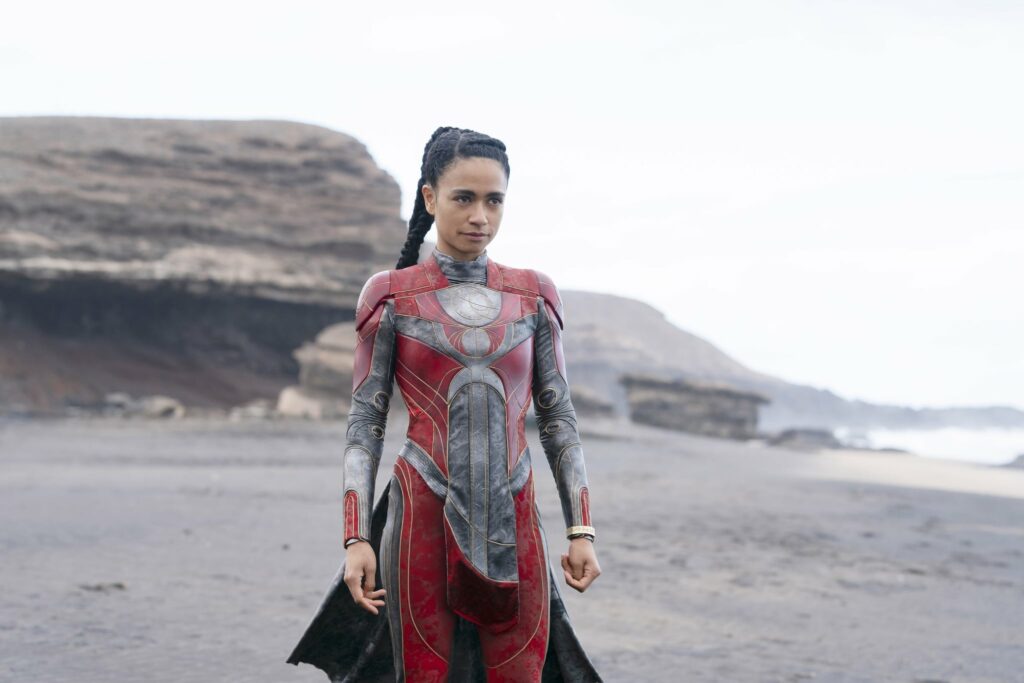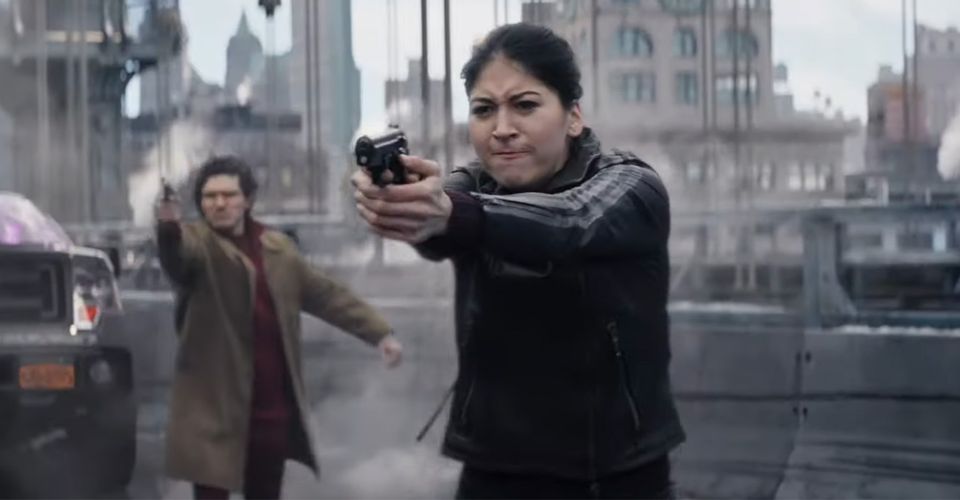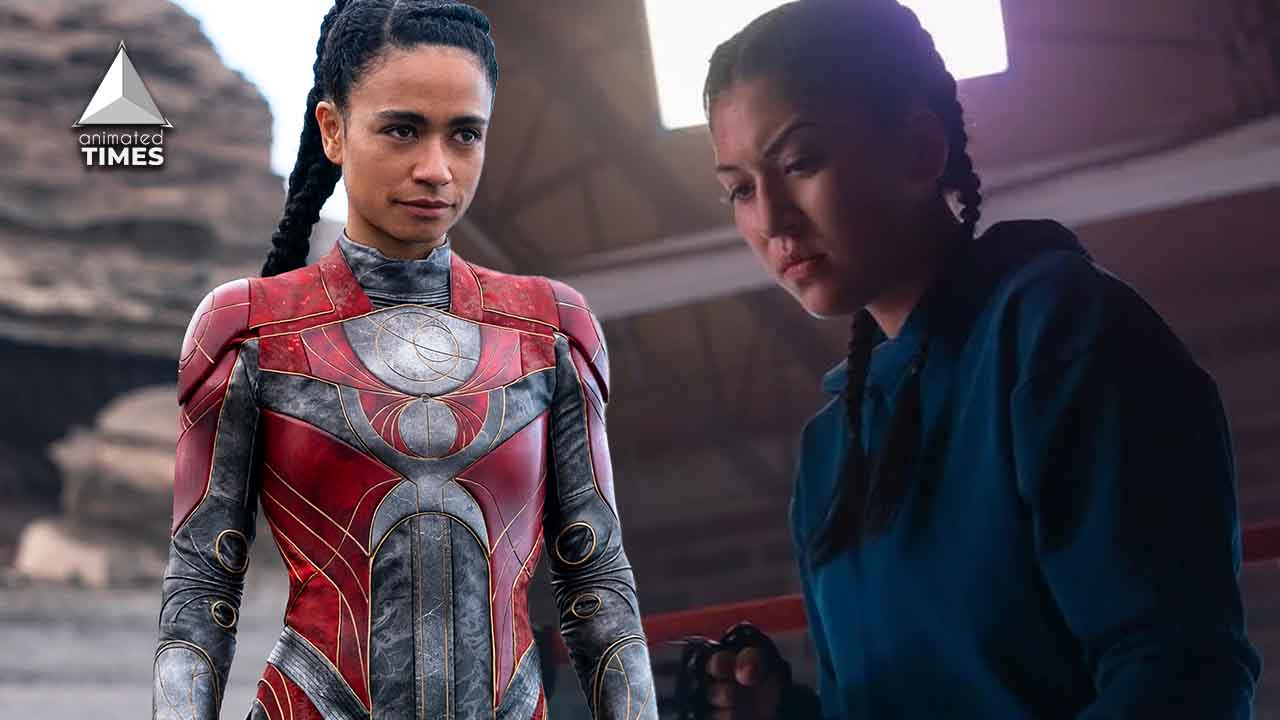Marvel Is Finally Embracing The Deaf Culture – and It’s About Time In 2021
Dating back to Phase One, the Marvel Cinematic Universe has had a serious history of able-bodyism. However, there has been a recent push towards the representation of marginalized identities in the Marvel projects, alongside their newfound take towards intersectionality. This has been the case in both, series and films, which suggests that the MCU is finally starting to embrace those characters who have disabilities. The perfect examples of this are Chloe Zhao’s Eternals and the recently premiered Hawkeye on Disney+ by Jonathan Igla. These have shown that the studio is slowly yet steadily accepting the deaf culture with their storylines and characters, which is actually a brilliant step that will certainly open up important space in the MCU.
DEAF REPRESENTATION – What is it like in Hollywood?

For as long as cinema has thrived, there have been films about deaf people and culture – mostly made by hearing people using the deaf and hard of hearing identities as a way of storytelling prosthesis. Deaf characters are usually shown as side characters in a film or are sometimes, used to provide comedic relief as their identity can be portrayed as miscommunication.
There have been instances where deaf people play deaf characters too, which is somewhat unauthentic as per Carol Padden, who was born deaf and has lived in deaf culture throughout her life. While appearing in an interview with New York Times, she claims that deaf actors being cast in deaf roles as people who are hearing view the deaf identity “about seeming silent or singing” when deaf people know that American Sign Language is an experience that most hearing people cannot embody. The first film to feature a leading character who was deaf was Children of a Lesser God where Marlee Martin played the role of Sarah Norman. The film is still widely regarded in the deaf community as a moment of representation.
The 90s also saw movies like The Family Stone which featured a family of ASL signers and their son, Thad who is deaf. The 2010s saw more such films like A Quiet Place, The Hammer and Wonderstruck with the deaf characters being played by deaf actors. However, this doesn’t mean that hearing actors didn’t get deaf roles. Riz Ahmed’s role of Ruben in Sound of Metal is a prime example of such a film. However, the only authentic way to represent the deaf culture is to have directors and actors who are actually deaf in those positions, something that Marvel is doing at the moment.
Echo and Makkari’s Deafness And How It’s Explored By Marvel

Makkari is MCU’s first deaf hero, making her debut in Eternals. While her character wasn’t deaf in the comics, one may call it a rebranding of the character in 2021. However, after her casting was announced by Marvel, her character of a hearing white man was changed to a Black deaf woman in the comics. Lauren Ridloff plays the role in the film and she even told in a conference that “Makkari wouldn’t be as fast as she is if it wasn’t for her Deafness.”
Echo aka Maya Lopez debuts in the second episode of Hawkeye and is a deaf Native American. The character is played by Alaqua Cox. The actress is also deaf and a Native American, which is part of the representation wave in the MCU at the moment. In the comics, she started out as a villain alongside Kingpin to take on Daredevil but has since become a hero. Now, as reports confirm, an Echo series is already underway for Disney+.
What’s the importance of Deaf Representation?

MCU is an ever-expanding franchise, which now consists of 26 films and 5 series, and for something that huge, having quality representation is a must. Representing deaf people and deaf culture is just one way that Marvel is trying to go about the whole thing, even giving Barton his hearing aids from the comics.
Fans want to see the experience of watching deaf characters onscreen and if a deaf actor is playing the role, that’s like the icing on the cake. Right now, the Marvel Cinematic Universe is doing an excellent job at it, with Makkari and Echo. Normalizing this culture will pave way for more representation in various fields – and will largely pave way for more deaf actors and directors.





